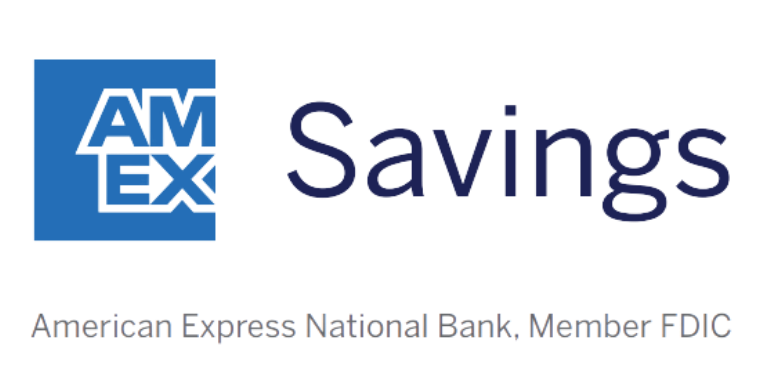In mid-September, the Federal Reserve made its first interest rate cut of the year. And it then followed that up with a second rate cut in early November.
Federal funds rate cuts can be good for consumers because they typically lead to cheaper borrowing. But they can also be a bad thing for savers, since they commonly lead to lower interest rates on products like savings accounts and CDs.
In fact, you may have noticed that your savings account is already paying less interest than it was a few months ago. And as the Fed continues to cut rates, you may find that you’re earning less and less on your savings from one month to the next.
But you shouldn’t be so quick to dump your savings account just yet. Here are three reasons to keep pumping money into one, even as rates continue to fall.
Our Picks for the Best High-Yield Savings Accounts of 2024
|
American Express® High Yield Savings 
APY 4.00%
Rate info
Member FDIC.
|
APY 4.00%
Rate info |
Min. to earn $0 |
|
Capital One 360 Performance Savings 
APY 4.00%
Rate info
Member FDIC.
|
APY 4.00%
Rate info |
Min. to earn $0 |
|
CIT Platinum Savings 
APY 4.55% APY for balances of $5,000 or more
Rate info Min. to earn $100 to open account, $5,000 for max APY
Member FDIC.
|
APY 4.55% APY for balances of $5,000 or more
Rate info |
Min. to earn $100 to open account, $5,000 for max APY |
1. Rates are still pretty strong
You may not be earning the same interest rate on your savings now as you were over the summer. But a lot of savings accounts are still paying 4%, or close to it. That’s not a bad deal considering you’re taking on no risk (provided your bank is FDIC insured and your balance is kept to $250,000 or less).
That said, you shouldn’t settle for any old interest rate on your savings. If you’re not getting anywhere close to 4% right now, shop around for a better deal. You can start by checking out this list of some of the best savings account rates.
2. You need a safe place for your emergency fund
It’s important to have money set aside for emergencies at all times. And ideally, your emergency fund should have enough money to cover at least three months of essential expenses, like rent, car payments, and food. This way, if you lose your job, you’ll have a way to cover your bills without having to resort to taking on credit card debt right away.
But the best place to house your emergency fund is none other than a savings account. You can’t invest your emergency fund, because you can’t afford to take the risk of it losing value right when you need it. And you can’t safely put your emergency fund into a CD because you need access to that money at all times, and CDs commonly charge a penalty for early withdrawals.
That pretty much narrows down your choices to a savings account or a checking account. And why limit yourself to a checking account that either won’t pay you interest, or won’t pay you a lot of it, when you can earn more money in a savings account?
3. You want the flexibility to take a withdrawal on a whim
Your emergency fund is money you shouldn’t touch unless a specific situation warrants it, like the loss of your job or an unplanned home or car repair that your regular paycheck can’t cover. But if you have money in your savings account beyond what you need for your emergency fund, then you deserve to be able to withdraw it whenever you want.
If you put that money into a CD, you risk an early withdrawal penalty. And if you decide to invest your money in a brokerage account, what might happen is that you end up wanting or needing money at a time when your portfolio is down, forcing you to lock in a loss.
The nice thing about a savings account is that you get flexibility. Want to take out $200 to go to a last-minute concert? Go for it. Want to withdraw $1,000 to join your friends on vacation? If you worked hard to save that money, you should be able to access it without stress. And a savings account allows for that more so than a CD or brokerage account.
It’s a bummer to see savings accounts start to pay less and less interest. But that’s no reason to stop putting money into one, or to pull your money out of one.
